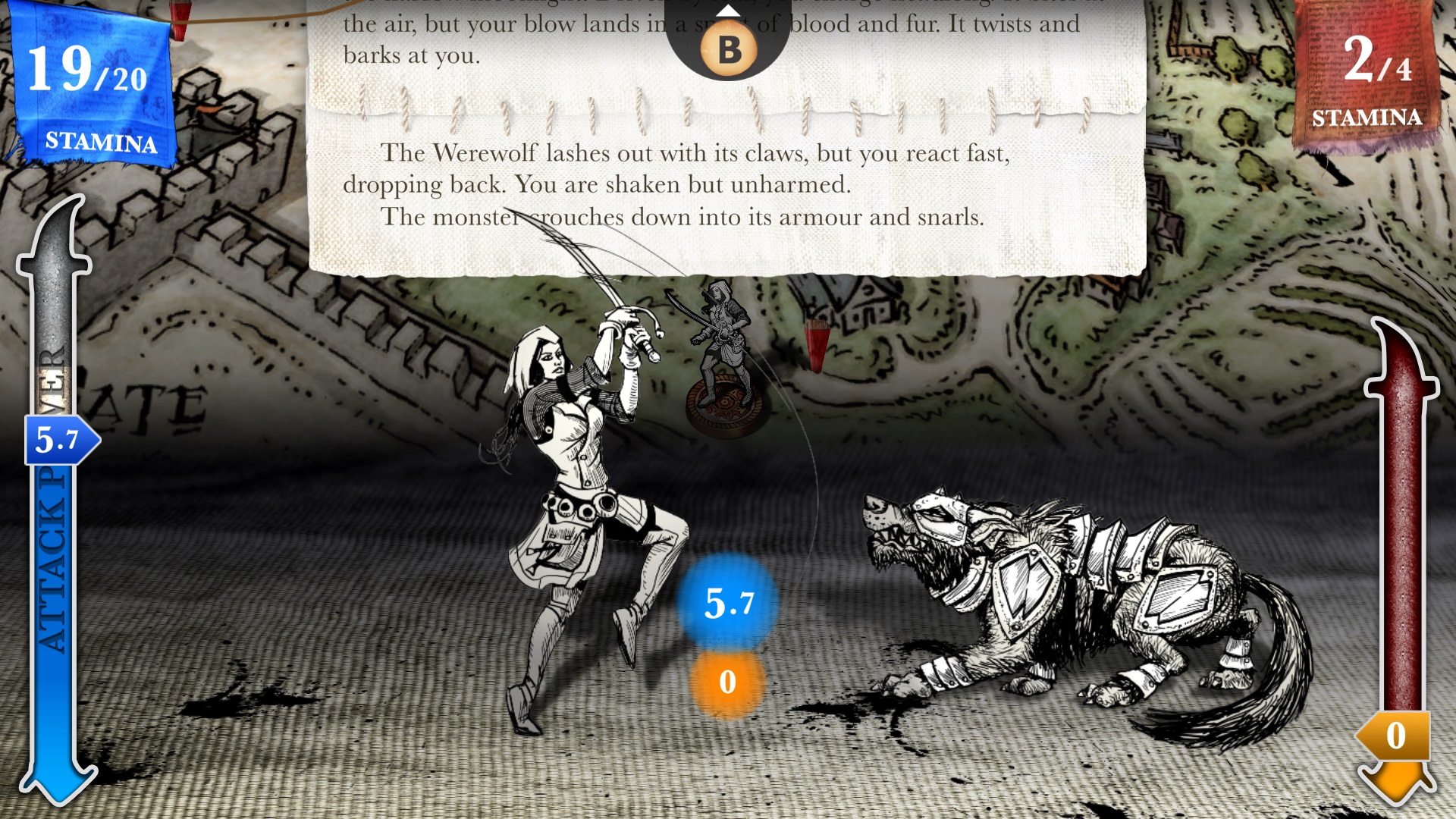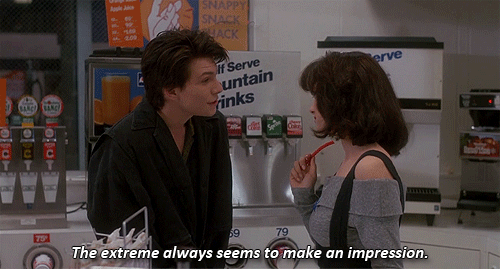

Could tell me your secret?’ And she said, ‘My brain is telling me that I need to get a knife, and I need to stab myself in the heart, and kill myself.’” “I said, ‘Okay, I would like to know your secret. “She said, ‘It’s really bad,’” her mother, Kaitlyn, recalls. Maisy was eight years old when she told her mother, on the way to school, that she had a secret. “We’ve had case after case after case of kids who come in, having been in some hospital setting for some extended period, having been diagnosed as suicidal depressed, but they’re not. Bubrick adds that this misdiagnosis is what leads to hospitalization for kids with OCD more often than anything else. “A lot of them go to emergency rooms, and, unfortunately, end up spending time in psychiatric hospitals for being suicidal.”ĭr. “A lot of these kids who have obsessions about suicide or harming themselves get misdiagnosed as having suicidal depression,” explains Jerry Bubrick, PhD, a clinical psychologist at the Child Mind Institute. When they confess their thoughts to parents, their families are shocked that their children seem to be suicidal and worried that they might act on those thoughts.Ĭlinicians, too, may mistakenly assume they are at risk of attempting suicide, and the priority becomes protecting them from themselves. Unfortunately for these kids, their suicidal obsessions are not always recognized as OCD. And their unwanted visions of committing suicide - What if I jumped out this window? What if I ran out in front of this truck? What if I take too many pills? - are a form of obsessive-compulsive disorder. These children aren’t attracted to suicide they are terrified of it. Suicide appeals to them as a way to end suffering.īut some young people have suicidal thoughts of a very different kind: intrusive thoughts that they should, or might, kill themselves. When teenagers - and even children - have suicidal thoughts or fantasies, they are usually the result of great distress. Kids feel much better when they learn to recognize intrusive thoughts and can tell them, “Hey, back off!” Kids are gently exposed to what scares them and little by little the scary thoughts go away.

They’re also treated with therapy called exposure and response prevention. Therapists help them learn to talk back to the OCD. Kids are taught that their fears are really the OCD talking. Treatment for kids with intrusive suicidal thoughts is the same as with other symptoms of OCD. Also, their suicidal fears get reinforced because everyone around them is treating them as if they really will attempt suicide. They don’t get the treatment they need for their OCD. The child may be wrongly diagnosed and hospitalized. The other thing that doesn’t help is when parents or therapists misunderstand these worries as feelings that the child wants to commit suicide. They look to their parents over and over to make them feel safe. You don’t want to kill yourself.” That makes a kid with OCD feel better for a minute or two but then the thoughts come back. Their parent might try to make the child feel better by saying something like, “Don’t say that.

When a child tells their parent about scary thoughts like these, two things can happen that don’t help. They’re no different from thoughts and fears about germs or stepping on a crack. For these kids, intrusive thoughts of suicide are symptoms of OCD. Their brains are telling them things like, “You should stab yourself with a knife.” But they don’t want to do that at all.

That’s serious and needs to be treated right away.īut some kids who have intrusive thoughts of suicide are actually terrified of those thoughts and have no plans to attempt suicide. When kids start thinking and talking about suicide, it’s usually because they’re depressed and considering making a suicide attempt.


 0 kommentar(er)
0 kommentar(er)
